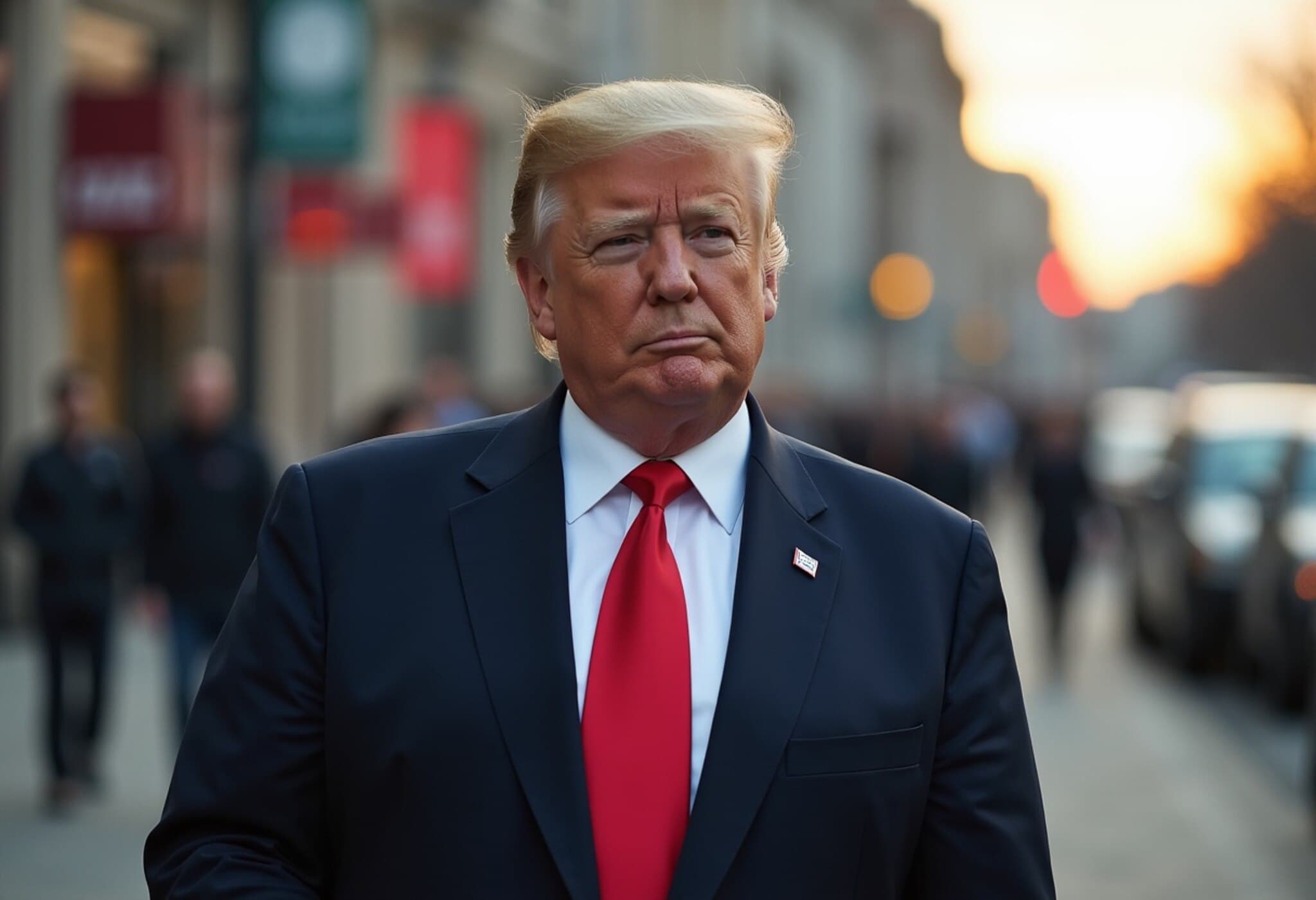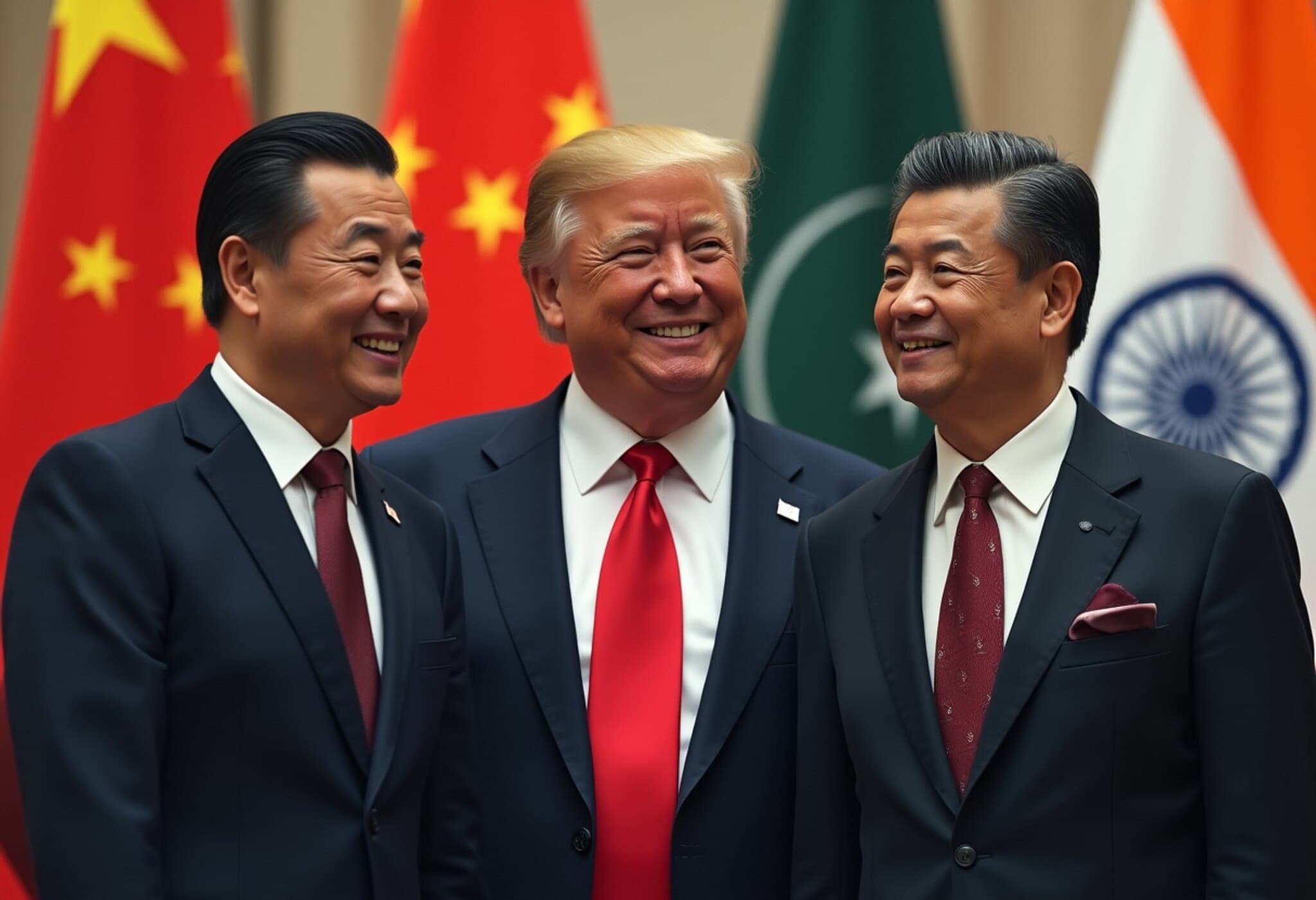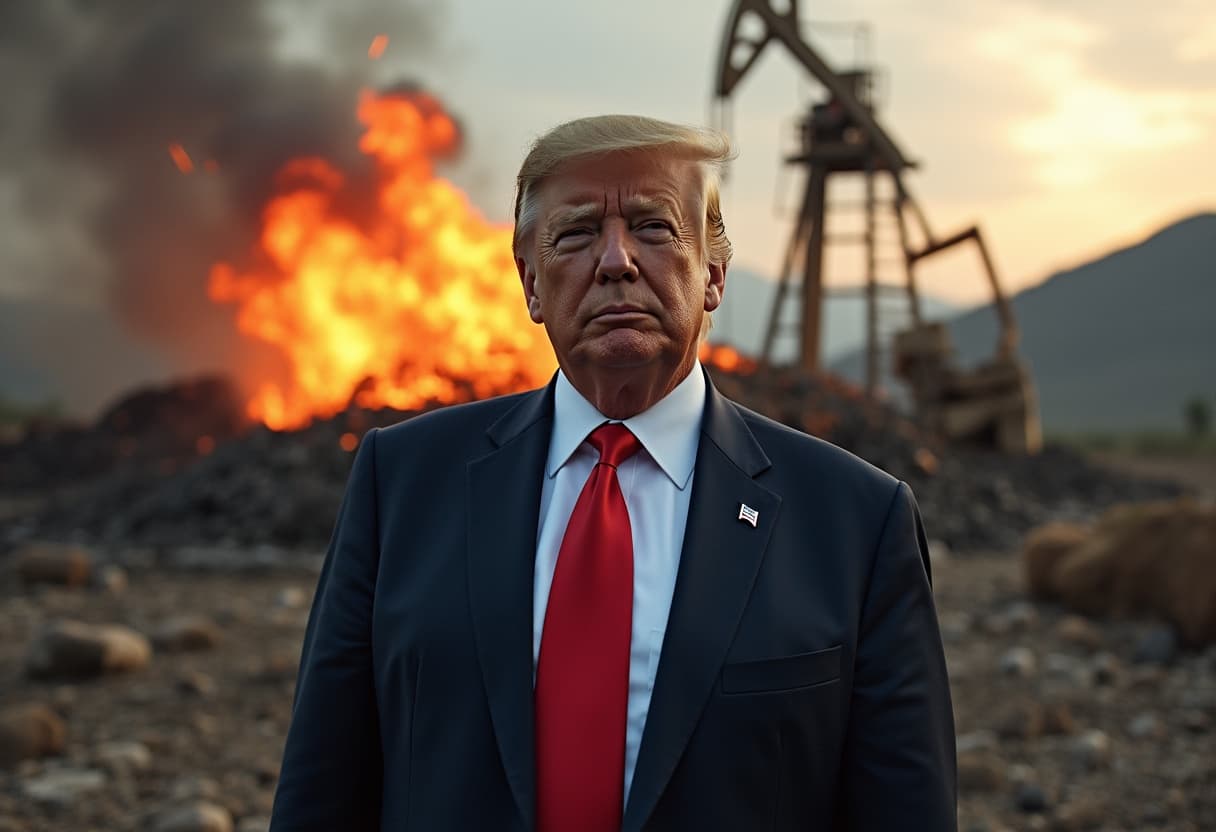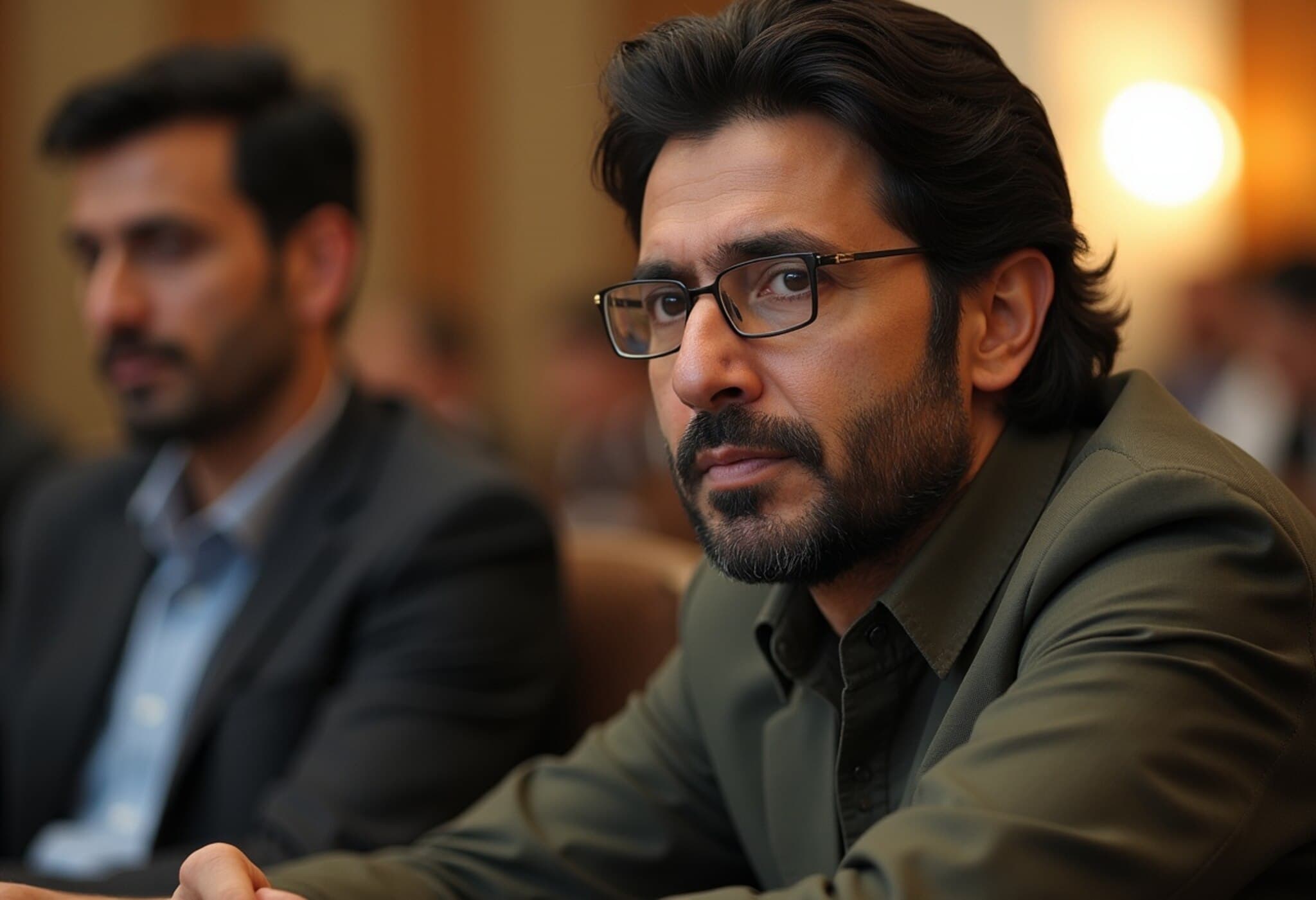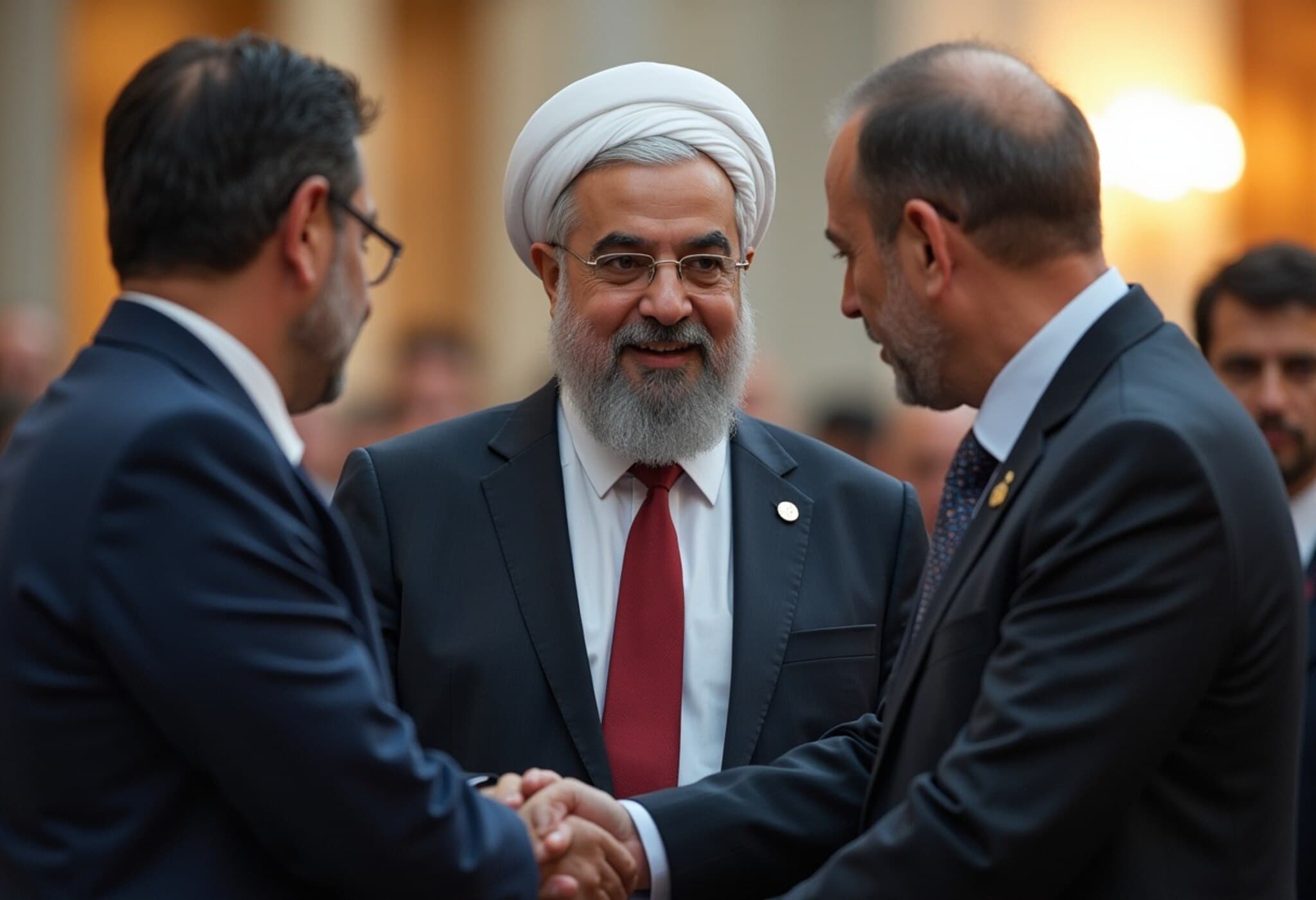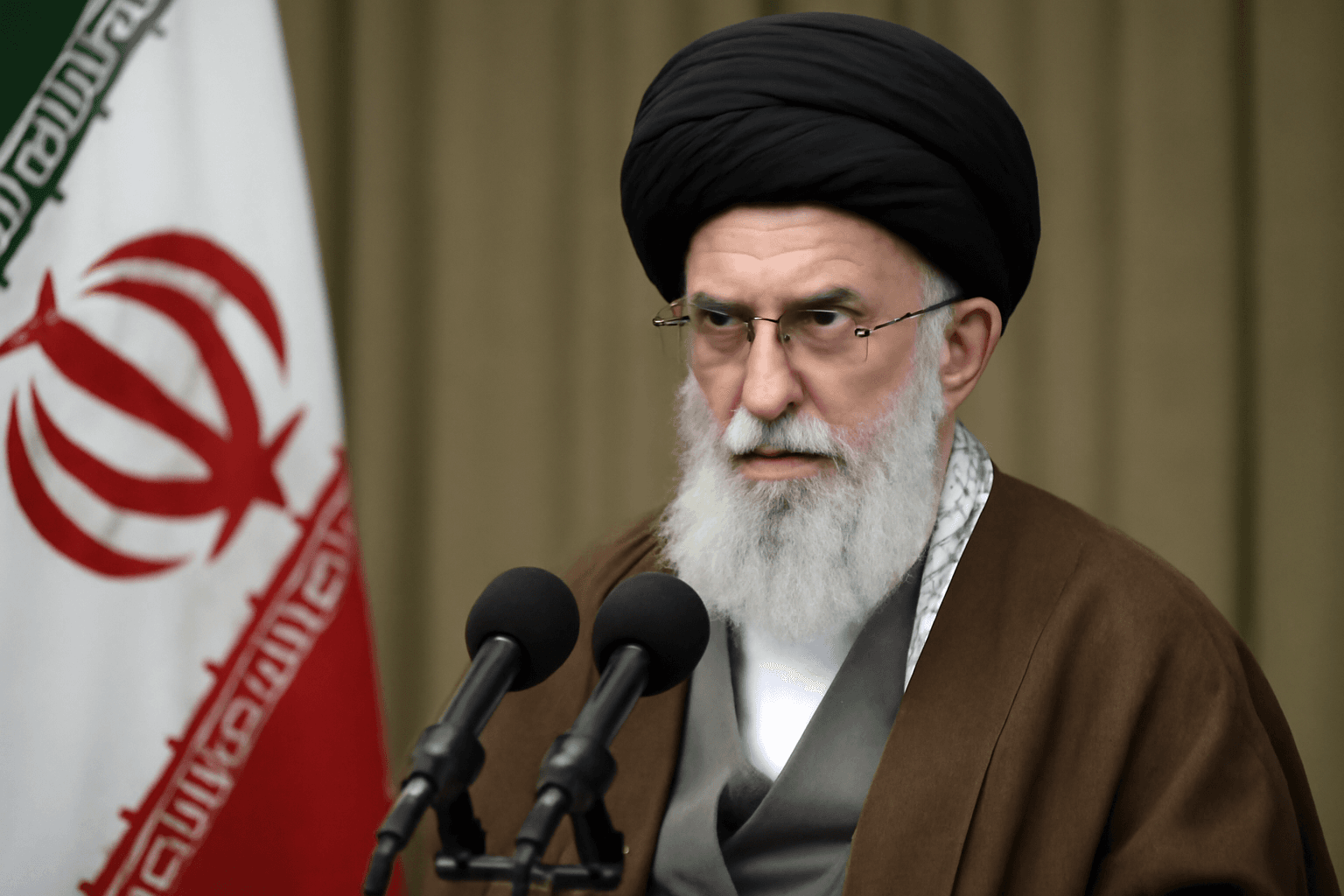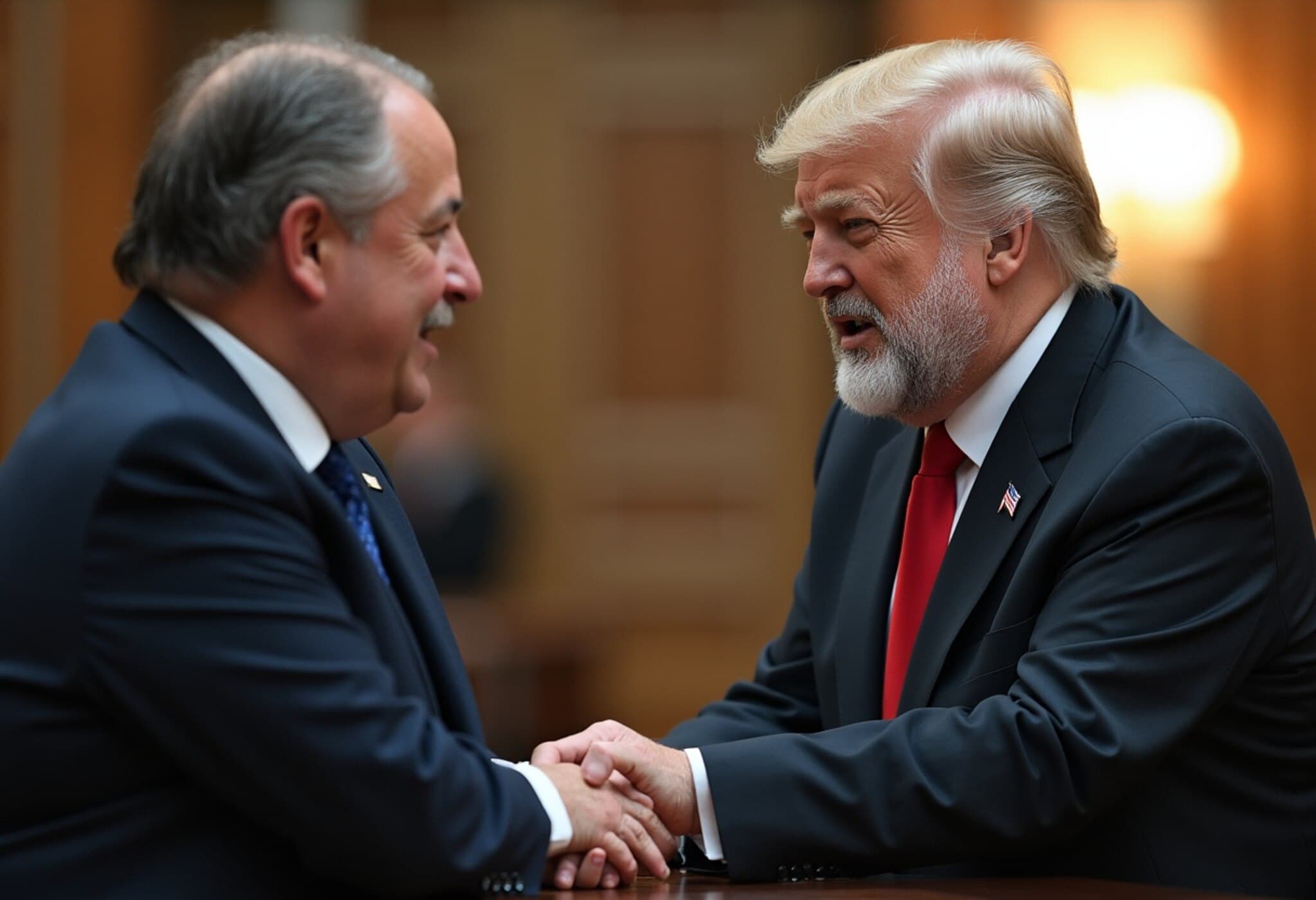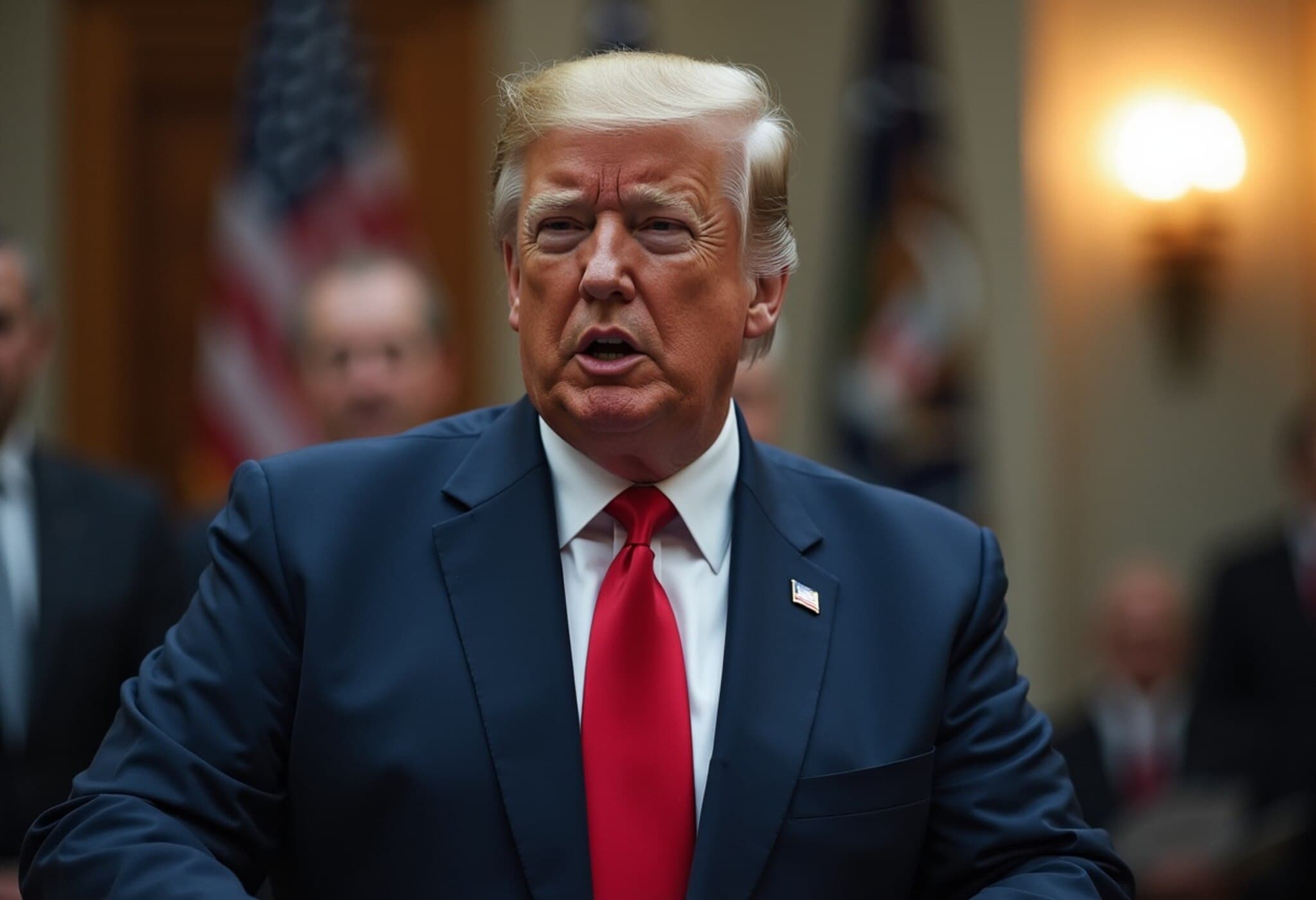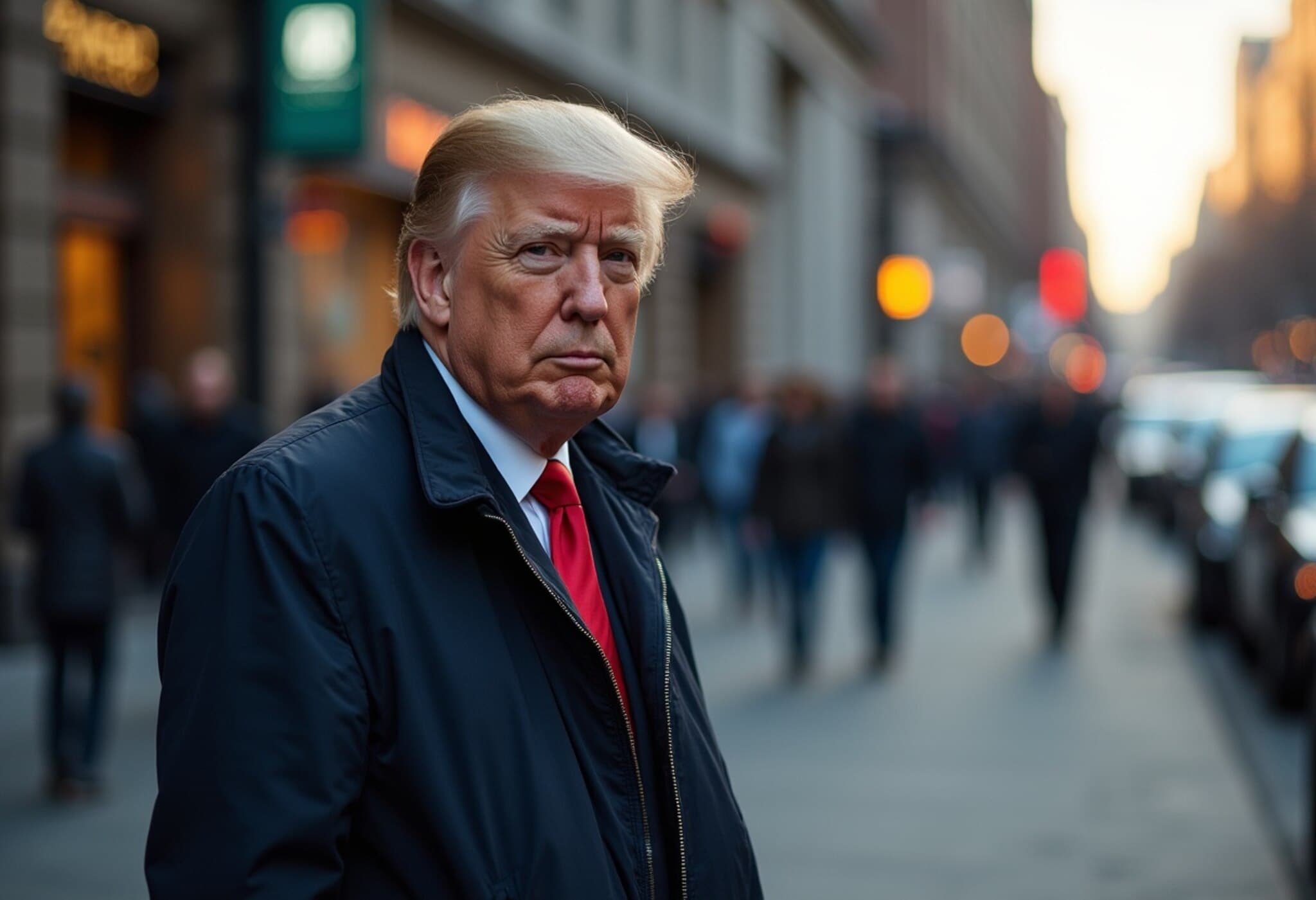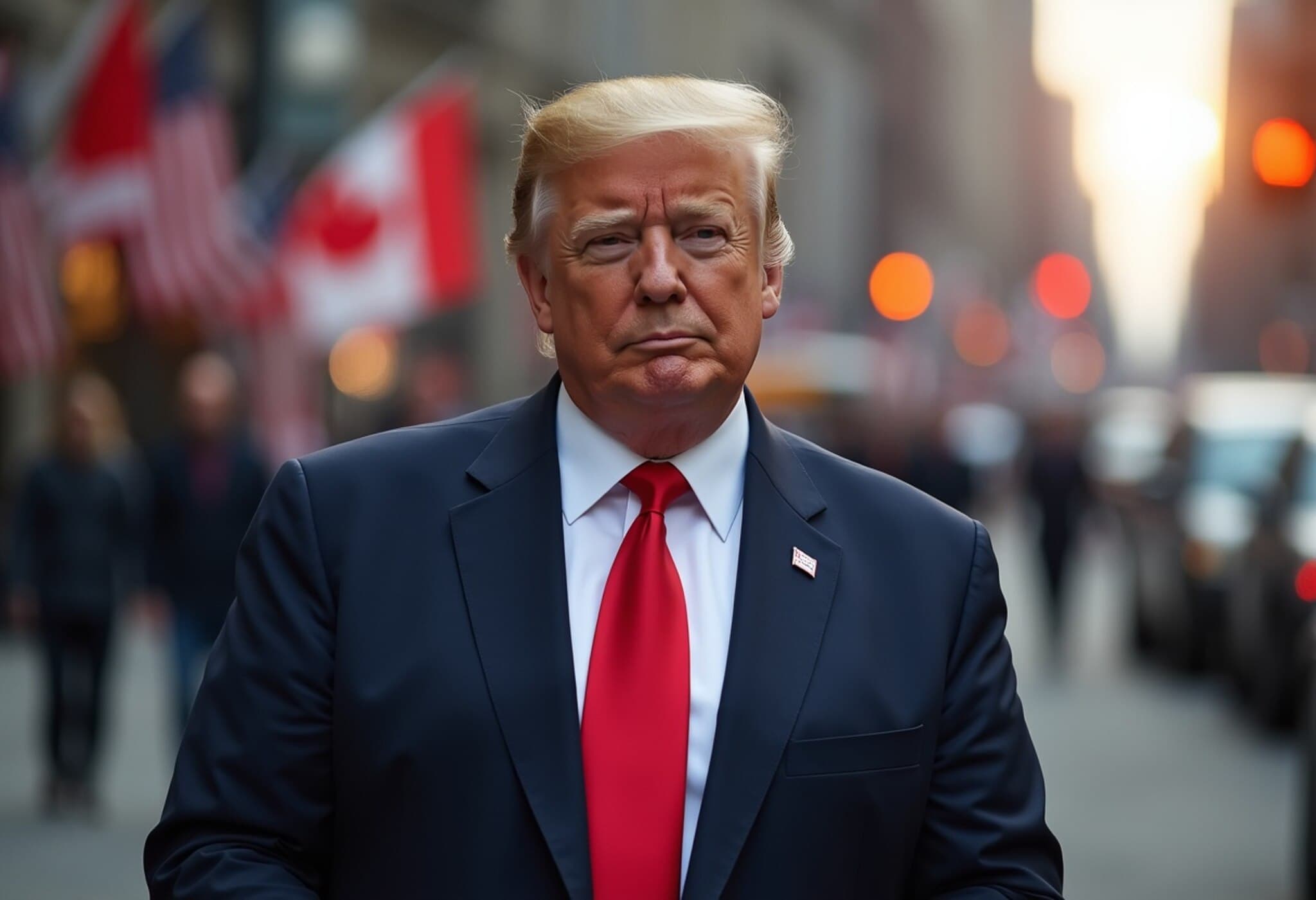US State Department Urges Citizens to Avoid Travel to Iran Amid Lingering Risks
In a firm reminder to American travelers, the US State Department has reiterated that traveling to Iran continues to pose significant dangers, even though recent hostilities have ceased. This advisory comes against the backdrop of escalating tensions and military actions in the region that culminated in a ceasefire last month.
New Awareness Campaign and Travel Advisory Website Launched
State Department spokesperson Tammy Bruce announced on July 10, 2025, the launch of a dedicated website aimed at providing up-to-date travel advisories for Americans considering travel to Iran. The platform primarily targets Iranian Americans, highlighting their additional risks due to Iran’s hostile stance on dual citizenship.
Bruce emphasized, “While the bombing has stopped, it does not mean it is safe to travel to Iran. The Iranian regime does not recognize dual nationality and routinely denies consular assistance to detained US citizens.” This warning starkly reflects the complex legal and diplomatic challenges facing US citizens, especially those holding Iranian heritage, when caught amid escalating geopolitical conflicts.
Context Behind the Advisory: Recent Military Actions and Regional Stability
The advisory follows a series of dramatic events earlier this year when US forces struck Iranian nuclear facilities, significantly delaying Tehran's nuclear ambitions. This military intervention was part of broader regional tensions involving Iran and Israel, with the US stepping into the conflict on Israel’s side. The ceasefire attained in June has brought a temporary lull but hasn’t alleviated underlying risks.
Experts point out that the situation remains highly volatile. Although kinetic military operations have ceased, Iran’s internal political climate and its relations with the US remain fraught, leading to unpredictable security conditions for travelers.
US-Iran Dialogue on Nuclear Program: Signs of Negotiations?
In parallel with the travel warning, US President Donald Trump disclosed that Iranian officials have expressed a willingness to resume talks on Iran’s nuclear program. Initial negotiations launched in April were disrupted by the flare-up of conflict last month.
Trump stated, “We have scheduled Iran talks, and they want to – they want to talk.” His Middle East envoy, Steve Witkoff, echoed this optimism, suggesting talks may resume within a week.
Yet, Tehran has not officially confirmed this renewed engagement, fueling skepticism among policy analysts about the durability and sincerity of these overtures.
Underreported Risks for Dual Nationals and Consular Access Issues
One critical dimension widely underemphasized is how Iran’s refusal to recognize dual nationality jeopardizes consular access for detained Americans with Iranian roots. This policy not only complicates diplomatic efforts but also leaves many families in distress, uncertain about the fate of their loved ones if detained in Iran.
Legal experts warn that travelers with dual citizenship must weigh these unique risks seriously beyond the generalized safety advisories.
What This Means for American Travelers and Policy Implications
- Travel Restrictions: US citizens, especially those with Iranian heritage, are strongly urged to avoid all travel to Iran.
- Diplomatic Challenges: The unresolved status of consular services heightens vulnerability in crisis situations.
- Policy Outlook: The resumption of nuclear talks offers a glimmer of hope but is tempered by skepticism amid unresolved regional tensions.
Editor’s Note
While the cessation of military strikes might suggest a move towards stability, the US advisory underscores a sobering reality: geopolitical ceasefires do not immediately translate into civilian safety, especially in countries with fraught diplomatic relations like Iran. The ongoing advisory and new awareness website serve as critical tools for American citizens to navigate these risks. Moreover, the plight of dual nationals trapped between conflicting national identities spotlights complex nuances often missed in mainstream coverage. As negotiations potentially resume, close attention to Iran’s diplomatic gestures, regional power dynamics, and human rights concerns will be essential to understanding the broader implications for US foreign policy and the safety of its citizens abroad.


